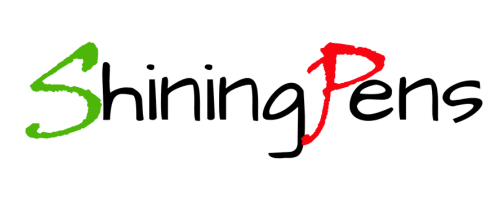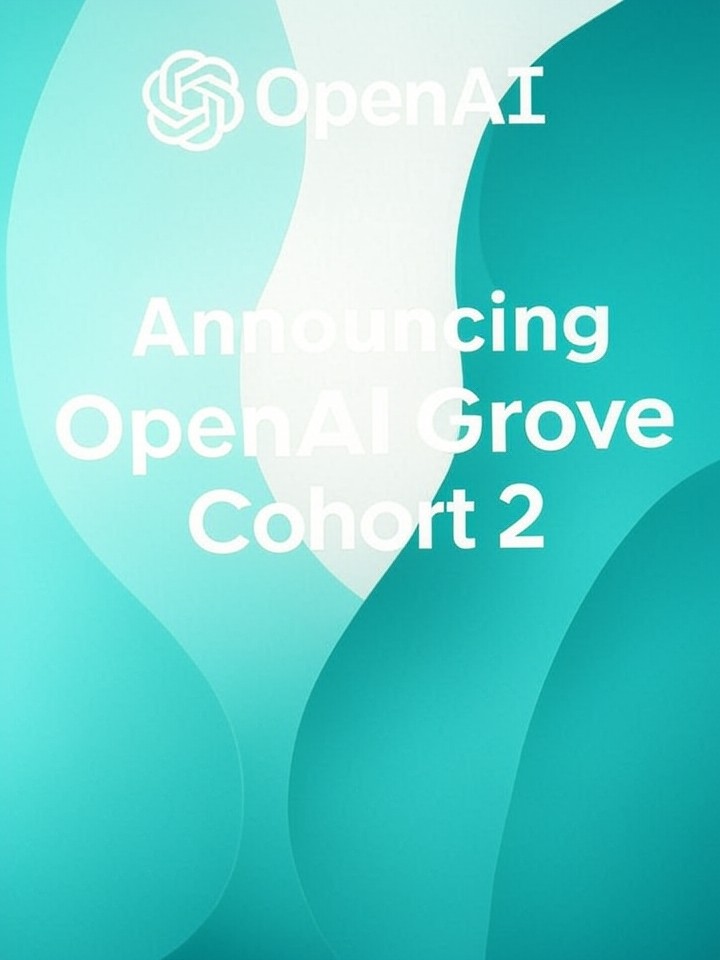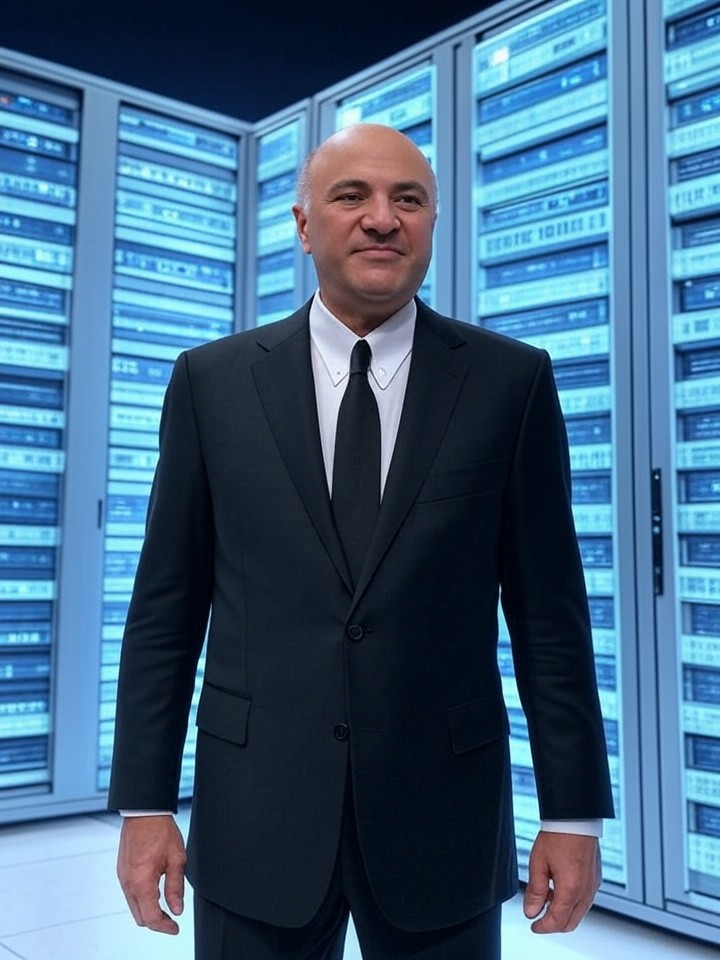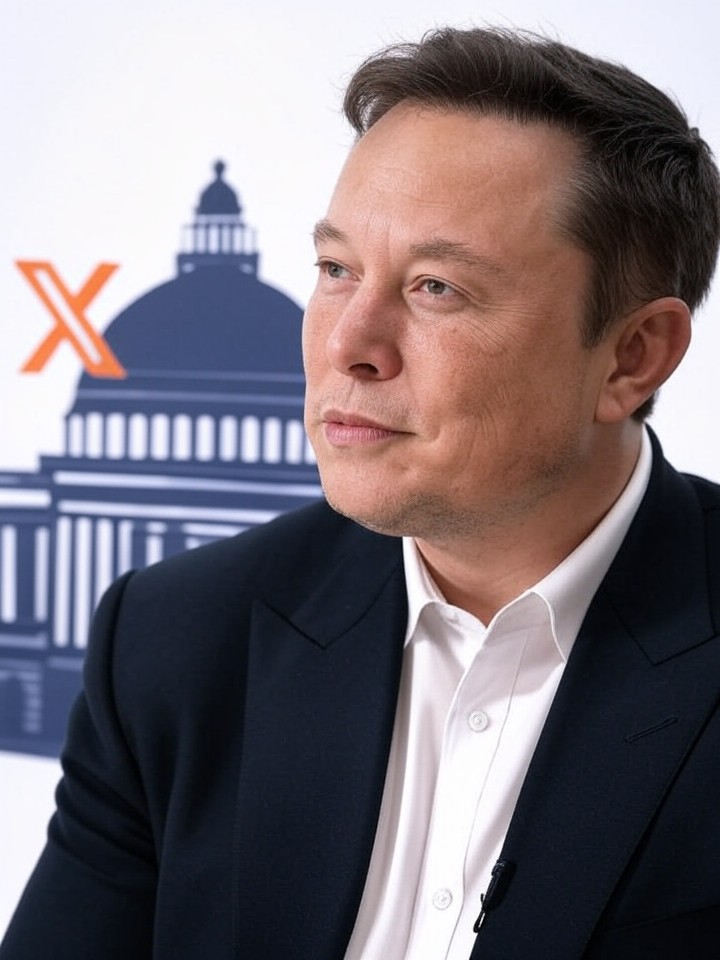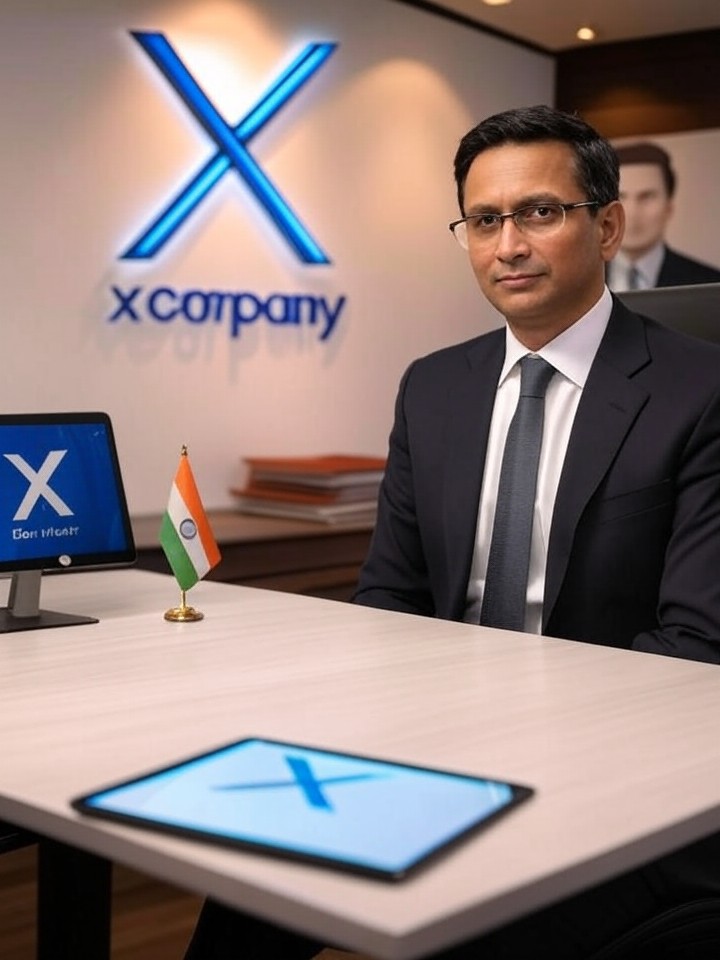David Sacks and the Blurred Lines of Government Service
David Sacks and the Blurred Lines of Government Service
David Sacks is a well-known entrepreneur and investor in the technology sector, but recent news has brought attention to his involvement in government service, highlighting the increasingly blurred distinctions between private enterprise and public duty. This development raises important questions about the roles individuals play across sectors, regulatory challenges, and the ethical frameworks surrounding government service today.
Who is David Sacks?
David Sacks first gained prominence as a founding COO and product leader at PayPal, helping shape the online payment landscape. Over the years, he expanded his influence as a venture capitalist and entrepreneur, involved in companies like Yammer and Craft Ventures. Known for his innovative thinking, Sacks has been influential in Silicon Valley’s tech ecosystem and has made political headlines with his outspoken opinions.
David Sacks’ Government Engagement: A New Chapter
Though primarily recognized for his private sector achievements, David Sacks has increasingly shown involvement in government advisory roles and policy discussions. This engagement exposes the evolving intersection where business expertise meets public service, but also where conflicts of interest and ethical dilemmas can emerge. His participation exemplifies how entrepreneurs and investors wield influence beyond traditional business boundaries.
Examples of Public and Private Sector Overlap
Several high-profile cases exemplify these blurred lines. For example, tech executives serving on government advisory panels bring invaluable insights but also raise concerns about regulatory capture or favoritism toward industry interests. David Sacks embodies this phenomenon, as he leverages his private sector experience while engaging in governmental spheres, influencing policies that potentially affect the very industries in which he invests.
Challenges of Balancing Private Interests with Public Duty
The intersection of government service and private enterprise presents several challenges. Key among them is maintaining transparency and public trust. When influential business figures like David Sacks enter public roles, they must navigate scrutiny over potential conflicts of interest. Journalistic sources such as The New York Times and Politico have often highlighted how blurred roles can lead to questions about accountability and impartiality in government decisions.
The challenge also involves reconciling the objectives of profit-driven ventures with societal welfare goals. While entrepreneurial insights can drive innovation in government, they may also prioritize efficiency and market-driven models sometimes misaligned with public interest.
Regulatory and Ethical Considerations
To address the blurred lines of involvement, legal frameworks and ethical guidelines are continually evolving. Policies related to lobbying, conflict of interest disclosures, and revolving door dynamics seek to limit undue influence but face criticism for loopholes and enforcement gaps. Advocates emphasize stronger regulations to ensure that government service remains dedicated to public good rather than private gains.
Why This Matters: The Broader Implications
The case of David Sacks is a microcosm of a broader societal trend where the boundaries between business and government become increasingly intertwined. This trend affects how policies are shaped, how innovation is fostered, and how democracy functions. Understanding these blurred lines is essential for voters, policymakers, and industry stakeholders alike.
Acknowledging these complexities allows for more informed debate about the role of entrepreneurs in government and the safeguards necessary to protect democratic integrity. As innovation accelerates and public problems become more complex, the role of experienced private sector leaders in public service will likely continue to grow, requiring ongoing vigilance and adaptation.
Conclusion
David Sacks’ journey from tech entrepreneur to government advisor highlights the increasingly blurred lines between private sector influence and public service. While his expertise brings valuable insights to government roles, it also underscores the challenges of balancing private interests with the need for transparent, ethical governance. As these overlaps become more common, society must continue to develop robust frameworks that ensure public trust and preserve the distinct values of government service.
Ultimately, the example of David Sacks invites reflection on how governments and citizens can best navigate these blurred lines to foster innovation, accountability, and democratic integrity in an ever-evolving landscape.
